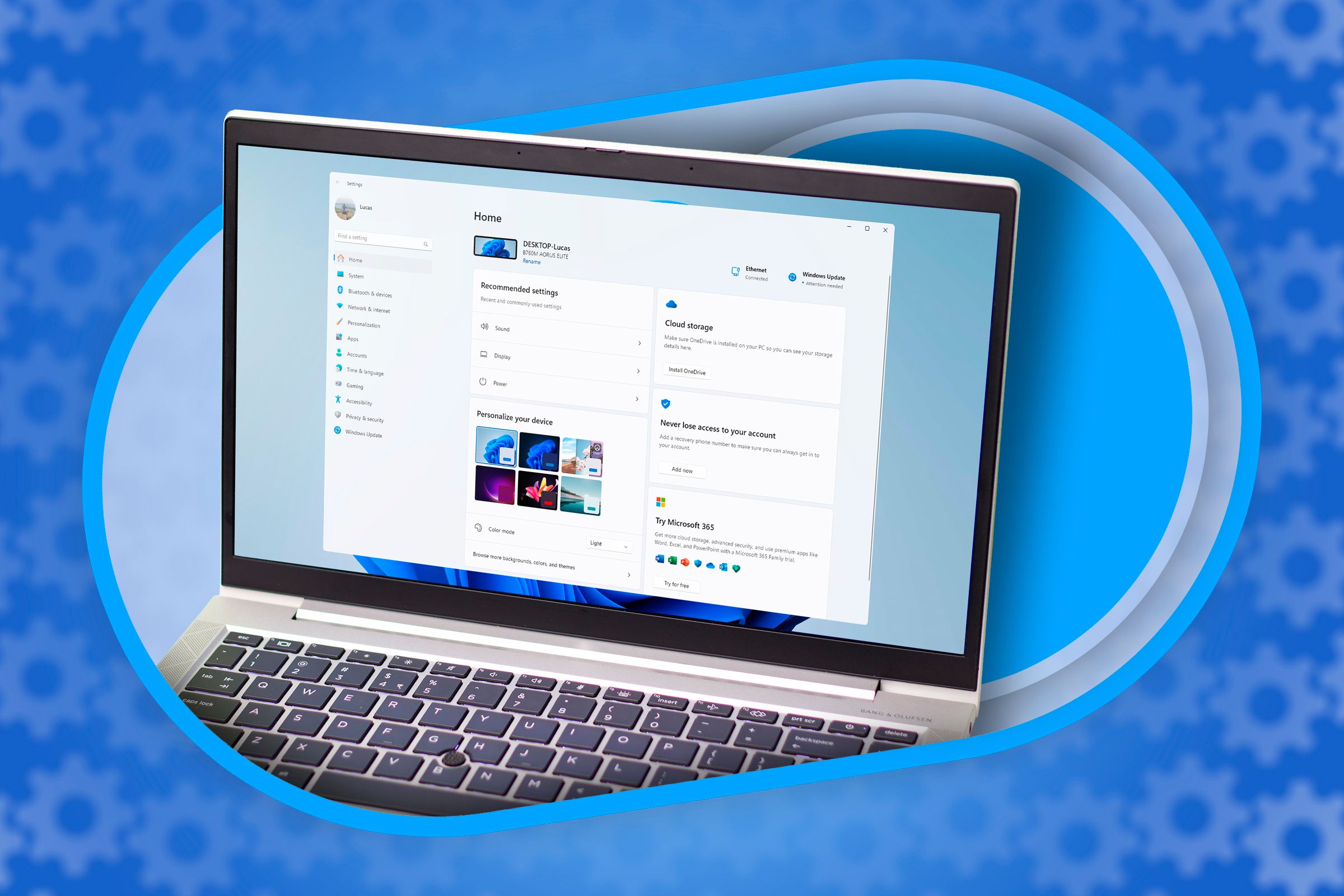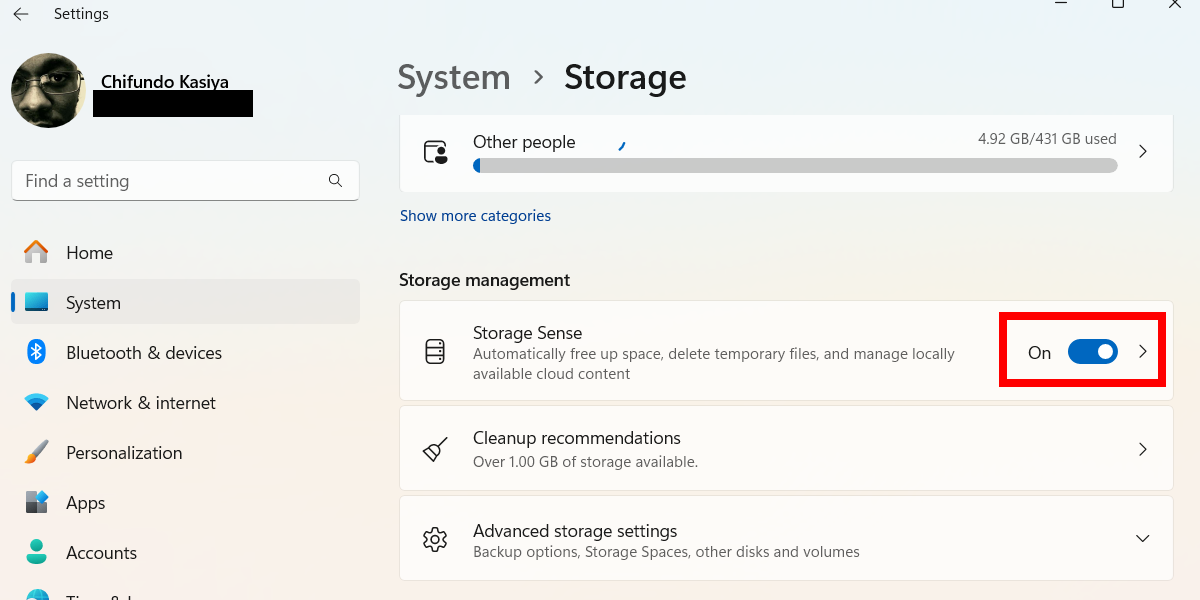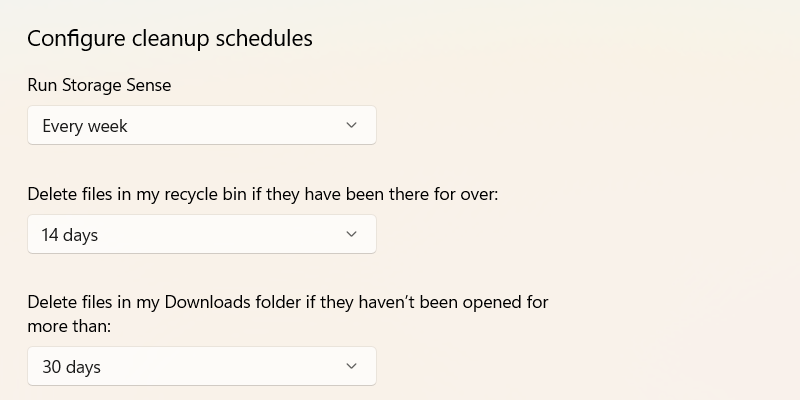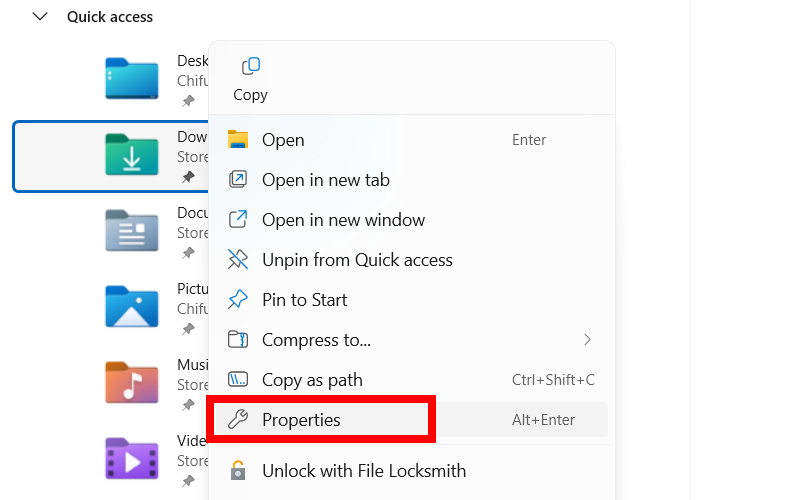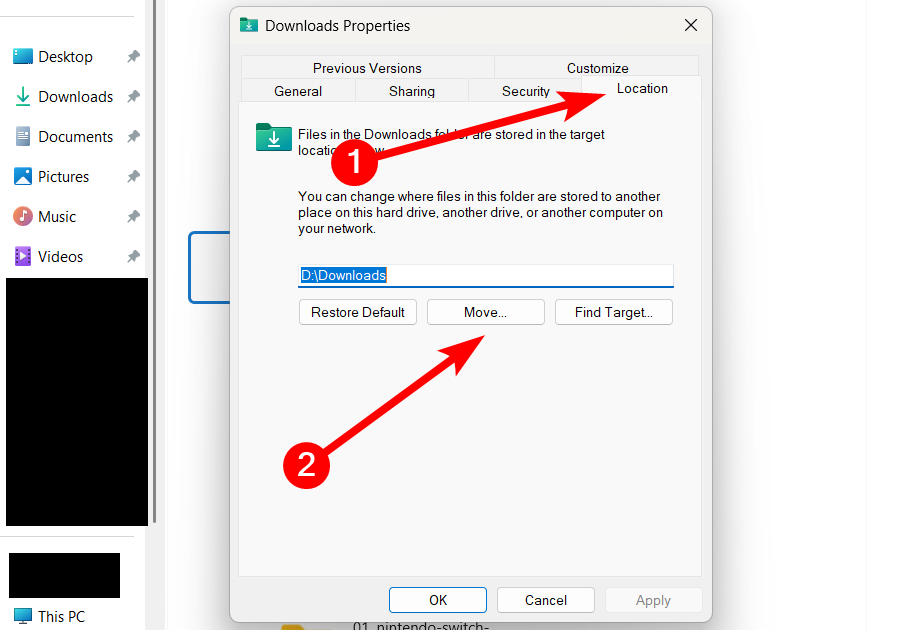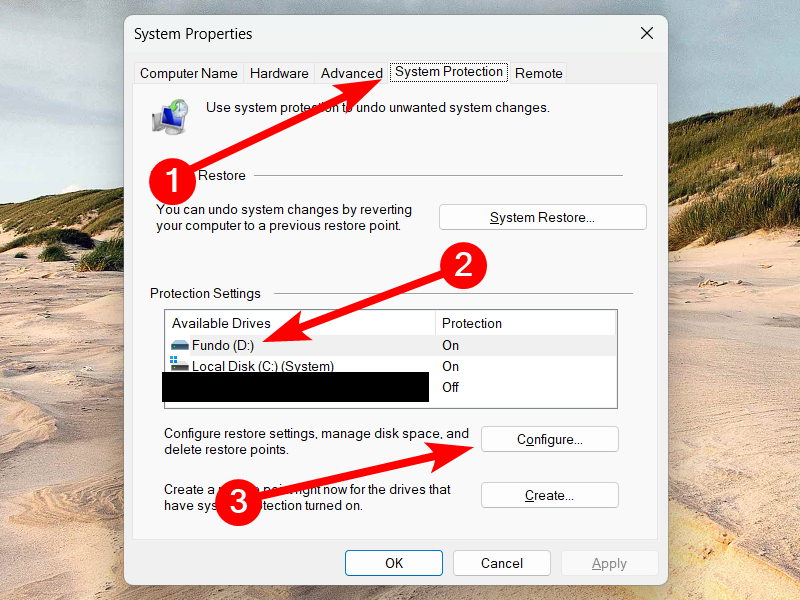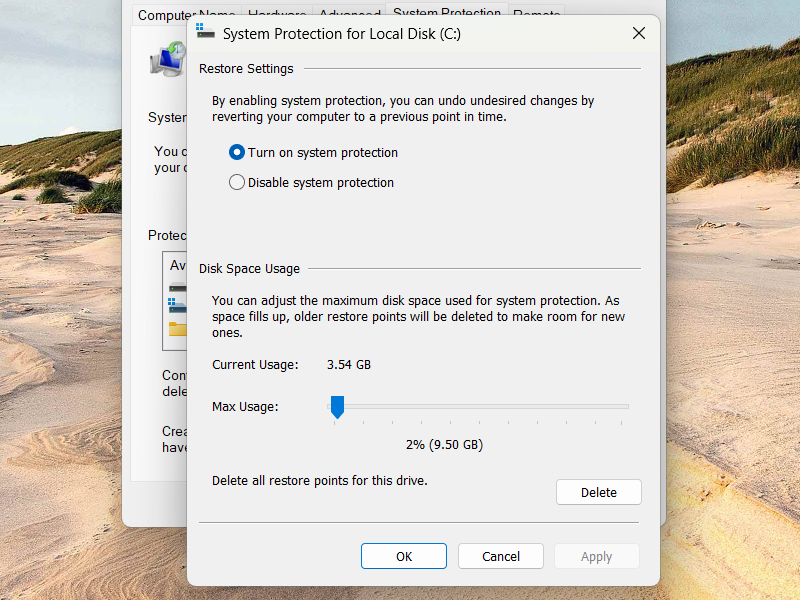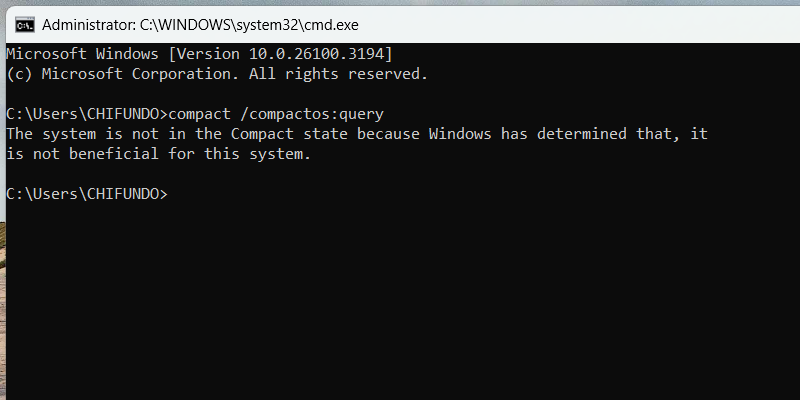Maximizing cupboard space helps your Home windows PC run extra effectively and easily. It additionally offers you additional drive area for downloading and transferring vital information to your pc. You possibly can obtain this by adjusting just a few easy settings.
Allow Storage Sense to Mechanically Handle Drive Area
Numerous drive area may be misplaced to issues like non permanent information, outdated downloads, and forgotten objects within the Recycle Bin. You possibly can use a legacy tool like Disk Cleanup to remove them out of your pc, however that may get tedious, and also you may not all the time keep in mind to do it. Alternatively, you’ll be able to let Storage Sense try this for you routinely.
Storage Sense is enabled by default, but it surely all the time helps to test if it is working. To do this, press Win+i to open the Settings app. Subsequent, go to System > Storage and activate the “Storage Sense” toggle (whether it is off) within the Storage Administration part.
Whenever you click on the “Storage Sense” choice (as an alternative of the toggle), you will notice choices for configuring cleanup schedules. For example, you’ll be able to set Storage Sense to run each week as an alternative of when the disk area is low. It’s also possible to set the frequency at which it deletes information within the Downloads folder and the Recycle Bin.

Associated
3 Easy Ways to Find and Delete Old Files on Windows 11
Eliminate the undesirable outdated information out of your PC utilizing computerized or guide strategies.
Change the Default Save Areas for Folders
A part of managing cupboard space is distributing it extra effectively, not simply deleting issues. For example, in case you would quite solely preserve vital information in your C: drive, you may wish to retailer downloads within the D: drive. Fortunately, Home windows permits you to swap the default save location of some objects in order that this course of occurs routinely.
To do this, press Win+E to open File Explorer, right-click one of many folders within the Fast Entry part (e.g., Downloads or Movies), and choose the “Properties” choice.
Choose the “Location” tab and click on the “Transfer” button.
Choose a folder on the opposite drive or create one (ideally, one with the identical identify), after which click on the “Apply” button. You’ll be requested if you wish to transfer all information to the brand new location. Click on “Sure” to substantiate that you simply do.
Any further, all information that had been meant to go to that location within the C: drive will go to the brand new folder on the opposite drive.
Disable Hibernation to Delete the Hibernation File
When was the final time you place your Home windows pc in hibernation? If you cannot keep in mind, then you need to disable the hibernation feature. It is a good suggestion as a result of it’s going to additionally delete the hibernation file (hiberfil.sys), which has been identified to take up noticeable cupboard space.
To disable hibernation, open Command Prompt as an administrator. Then, kind the next command and hit the Enter key:
powercfg -h off
You possibly can all the time re-enable hibernation mode later, however remember the fact that it will convey again the hibernation file. You are able to do that utilizing the next command:
powercfg -h on
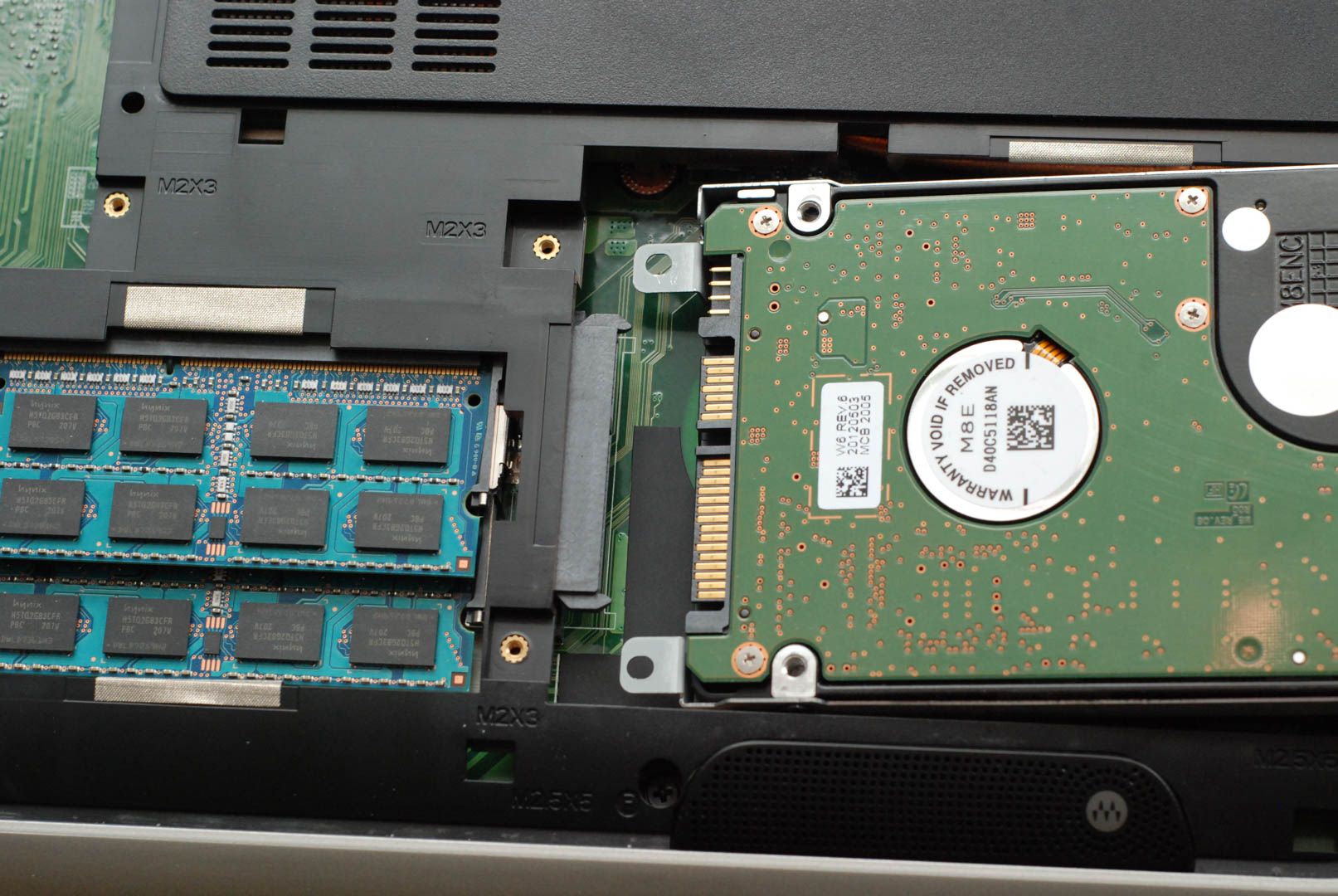
Associated
What Is the Windows Page File, and How Do You Configure It?
No, disabling it will not velocity up your PC.
Decrease the Measurement of System Restore
Whenever you enable System Restore on your computer, it may possibly take as much as 10% of your cupboard space. Relying on the dimensions of your drive, you may wish to decrease this. For example, if it is 256 GB, that is 25.6 GB of cupboard space. Even half of that is likely to be an excessive amount of for a drive that small.
To scale back the dimensions of System Restore, press Win+S to open Home windows Search, kind System Restore, and click on “Create a Restore Level” within the search outcomes. Within the System Safety tab, choose a drive with System Restore enabled and click on the “Configure” button.
Drag the “Max Utilization” slider to the left to cut back the drive area utilization to about 1–2%.
Scale back the Measurement of the Working System
When you’ve got a really small exhausting drive, and I am speaking about one thing lower than 128 GB, then each gigabyte counts. It can save you no less than 2–3 GB by enabling Compact OS in your Home windows pc. This may compress Home windows core information and use on-the-fly decompression to learn them.
It may very well be that Home windows has already enabled Compact OS, so it helps to test earlier than continuing. Home windows will even inform you in case your system will profit from Compact OS. You are able to do that by opening Command Immediate as an administrator and working the next command:
compact /compactos:question
If Compact OS is disabled and Home windows determines it may benefit from it, run the beneath command to allow it:
COMPACT.EXE /CompactOS:all the time
When you improve your storage later, test if Home windows nonetheless recommends holding Compact OS enabled. Ought to it decide it isn’t wanted, you’ll be able to disable it with the next command:
COMPACT.EXE /CompactOS:by no means
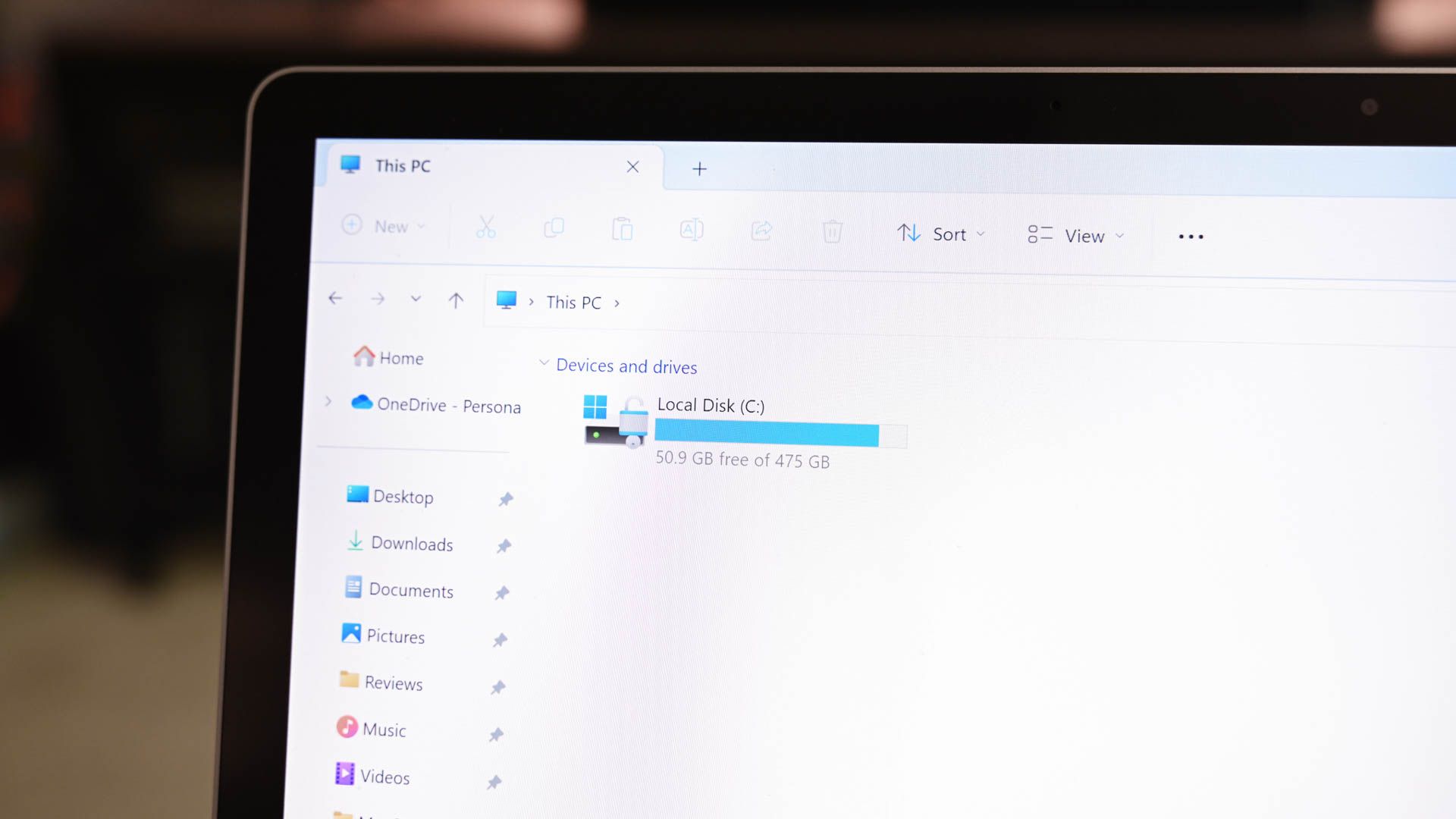
Associated
How to Enable and Use File Compression on NTFS Drives in Windows 11
Retailer extra information in your system.
With these methods in place, you’ll keep a Home windows system that makes essentially the most of your obtainable storage. Whereas maximizing your cupboard space with the following tips, remember the common space-saving tips on Windows. These embrace deleting giant information, uninstalling unused applications, and shifting information to cloud storage.

